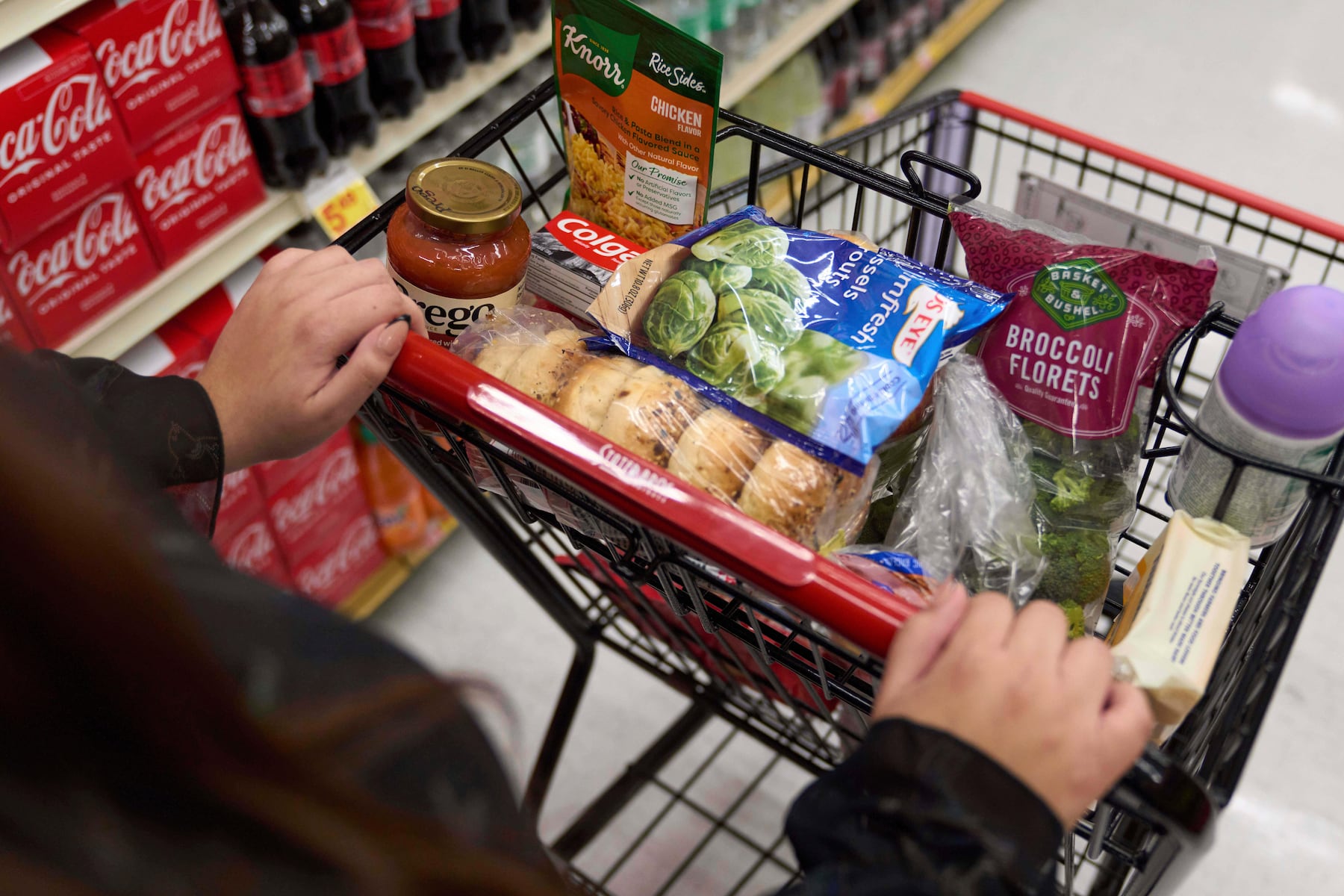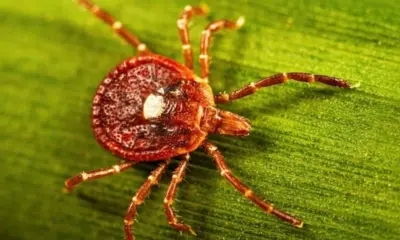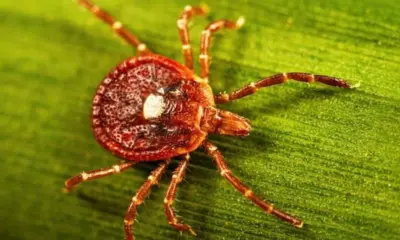Health
Federal Shutdown Threatens Food Assistance for Nearly 1 Million in New Jersey

The ongoing federal government shutdown poses a significant risk to food assistance programs for nearly one million residents in New Jersey. The New Jersey Department of Health has issued a warning that the shutdown could disrupt the Supplemental Nutrition Assistance Program (SNAP) and the Special Supplemental Nutrition Program for Women, Infants and Children (WIC) beginning in November. Acting Commissioner Jeff Brown expressed deep concern over the potential for delayed benefits, stating that families may struggle to access essential food resources.
As of October 21, 2023, the shutdown has extended into its 19th day, with no clear resolution in sight. Brown highlighted the impact on local partners who rely on federal funding to provide food assistance, saying, “This could make it harder for families across New Jersey to buy the food they need.” The New Jersey SNAP website has also issued alerts indicating that benefits may not be available on time, raising uncertainty about whether funds loaded onto Families First EBT cards prior to October 31, 2025, will remain usable after November 1, 2025.
Concerns are not limited to New Jersey. According to Brooke Rollins, Secretary of the U.S. Department of Agriculture, SNAP is expected to deplete its funds within two weeks, potentially affecting around 42 million Americans. Rollins emphasized the dire situation, stating, “You’re talking about millions and millions of vulnerable families, of hungry families, that are not going to have access to these programs because of this shutdown.”
In New Jersey alone, over 800,000 residents depend on SNAP each month for food assistance. The program is funded by the U.S. Department of Agriculture and managed by the New Jersey Department of Human Services. Additionally, approximately 165,000 women and children under the age of five benefit from the state’s WIC program, which offers nutritious food and breastfeeding education.
The situation is further complicated by the lack of appropriated funds for the fiscal year 2026, as detailed by Brown. Cuts to SNAP benefits could vary by state, a result of a tax bill passed earlier this summer under former President Donald Trump. Preliminary analyses suggest that over 22 million households, including 400,000 in New Jersey, could face reductions in their benefits.
There are ongoing discussions about potential intervention from the federal government to secure funding for SNAP benefits. Recently, White House Press Secretary Karoline Leavitt announced that $300 million generated from tariff revenue will be allocated to the WIC program.
Residents seeking information about SNAP can visit NJSNAP.gov, while updates regarding WIC are available at NJ.gov/health. The situation remains fluid as federal officials navigate the complexities of the shutdown and its implications for vital assistance programs.
-

 Technology5 months ago
Technology5 months agoDiscover the Top 10 Calorie Counting Apps of 2025
-

 Health2 months ago
Health2 months agoBella Hadid Shares Health Update After Treatment for Lyme Disease
-

 Health3 months ago
Health3 months agoErin Bates Shares Recovery Update Following Sepsis Complications
-

 Technology4 months ago
Technology4 months agoDiscover How to Reverse Image Search Using ChatGPT Effortlessly
-

 Technology1 month ago
Technology1 month agoDiscover 2025’s Top GPUs for Exceptional 4K Gaming Performance
-

 Technology2 months ago
Technology2 months agoElectric Moto Influencer Surronster Arrested in Tijuana
-

 Technology5 months ago
Technology5 months agoMeta Initiates $60B AI Data Center Expansion, Starting in Ohio
-

 Technology5 months ago
Technology5 months agoRecovering a Suspended TikTok Account: A Step-by-Step Guide
-

 Health4 months ago
Health4 months agoTested: Rab Firewall Mountain Jacket Survives Harsh Conditions
-

 Lifestyle5 months ago
Lifestyle5 months agoBelton Family Reunites After Daughter Survives Hill Country Floods
-

 Technology4 months ago
Technology4 months agoHarmonic Launches AI Chatbot App to Transform Mathematical Reasoning
-

 Technology3 months ago
Technology3 months agoUncovering the Top Five Most Challenging Motorcycles to Ride





















